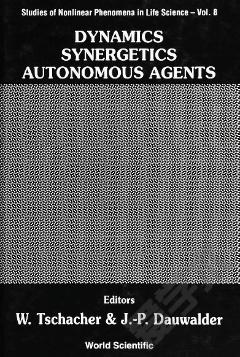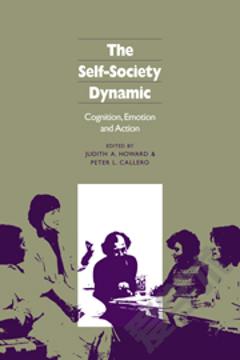Emotion, Development, and Self-Organization: Dynamic Systems Approaches to Emotional Development
In the last twenty to thirty years, a new way to understand complex systems has emerged in the natural sciences - an approach often called non-linear dynamics, dynamical systems theory, or chaos theory. This perspective has allowed scientists to trace the emergence of order from disorder and complex, higher-order forms from interactions among lower-order constituents. This is called self-organization, and is thought to be responsible for change and continuity in physical, biological, and social systems. Recently, principles of self-organizing dynamic systems have been imported into psychology, especially developmental psychology, where they have helped us reconceptualize basic processes in motor and cognitive development. Emotion, Development, and Self-Organization is the first book to apply these principles to emotional development. The contributors address fundamental issues such as the biological bases of emotion and development, relations between cognition and emotion in real time and development, personality and individual differences, interpersonal processes, and clinical implications.
{{comment.content}}








 京公网安备 11010802027623号
京公网安备 11010802027623号